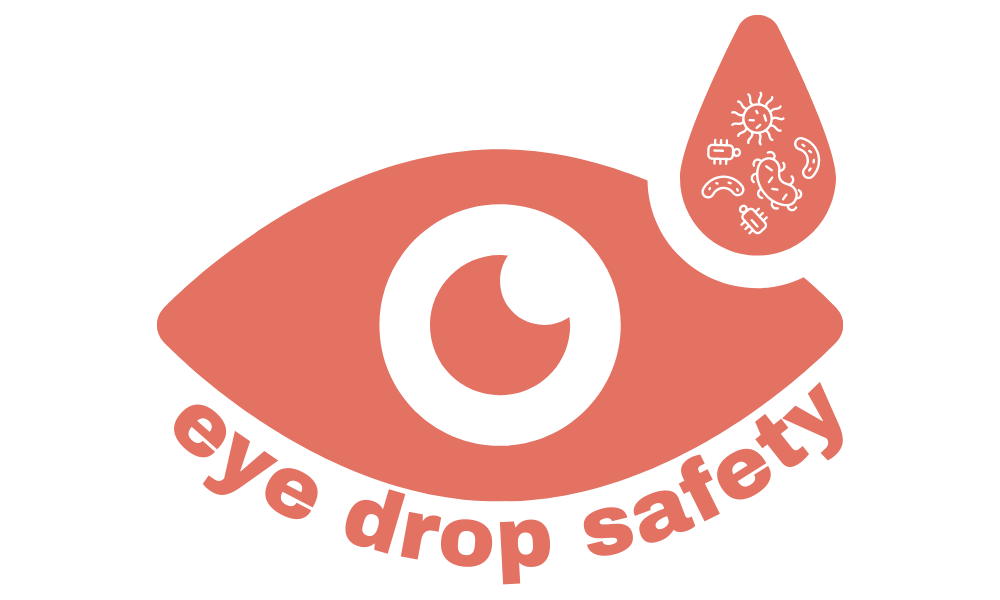Associated Press: After recalls and infections, experts say safer eyedrops will require new FDA powers
Associated Press 12/13/23
WASHINGTON (AP) — When you buy eyedrops at a U.S. store, you might assume you’re getting a product made in a clean, well-maintained factory that’s passed muster with health regulators.
But repeated recalls involving over-the-counter drops are drawing new attention to just how little U.S. officials know about the conditions at some manufacturing plants on the other side of the world — and the limited tools they have to intervene when there’s a problem.
The Food and Drug Administration is asking Congress for new powers, including the ability to mandate drug recalls and require eyedrop makers to undergo inspections before shipping products to the U.S. But experts say those capabilities will do little without more staff and resources for foreign inspections, which were a challenge even before the COVID-19 pandemic forced regulators to skip thousands of visits.
…
But eyedrops and other over-the-counter products don’t undergo preliminary review or inspections. Instead, they are governed by a different system called a monograph, essentially a generic recipe for all medicines in a particular class. So long as drugmakers attest that they are using the standard recipe, they can launch a product within days of filing with the FDA.
“It’s nothing more than electronic paperwork,” said Dr. Sandra Brown of the Dry Eye Foundation, a nonprofit advocating for increased regulation. “There’s no requirement for the facility to be inspected prior to shipping for sale.”
The FDA says it has flexibility to adjust its review process “to ensure safety.”
But the agency is asking Congress for the power to require manufacturers of eyedrops and other sterile products to give at least six months notice before shipping products from a new factory. That would give inspectors time to visit facilities that aren’t on their radar.
The proposal could face pushback from some over-the-counter drugmakers, who aren’t accustomed to preapproval inspections.
